
Free stock photo of duck pond, ducks, mallard ducks
Ducks are charming creatures that are a common sight at ponds, lakes, and parks. Feeding ducks can be a fun and relaxing activity, but it is essential to know what to feed them to ensure their health and well-being. While ducks are omnivores and can eat a variety of foods, not all foods are suitable for them.

Ducks at the pond Stock Photo Alamy
A duck pond in your backyard can add a sense of serenity and calm. Watching the ducks swim in circles, give birth to young, and feed is a peaceful experience that's great for meditation and introspection. Just ask Tony Soprano, the famous fictional mafia boss emotionally moved by the ducks in his backyard. However, without the proper budget.
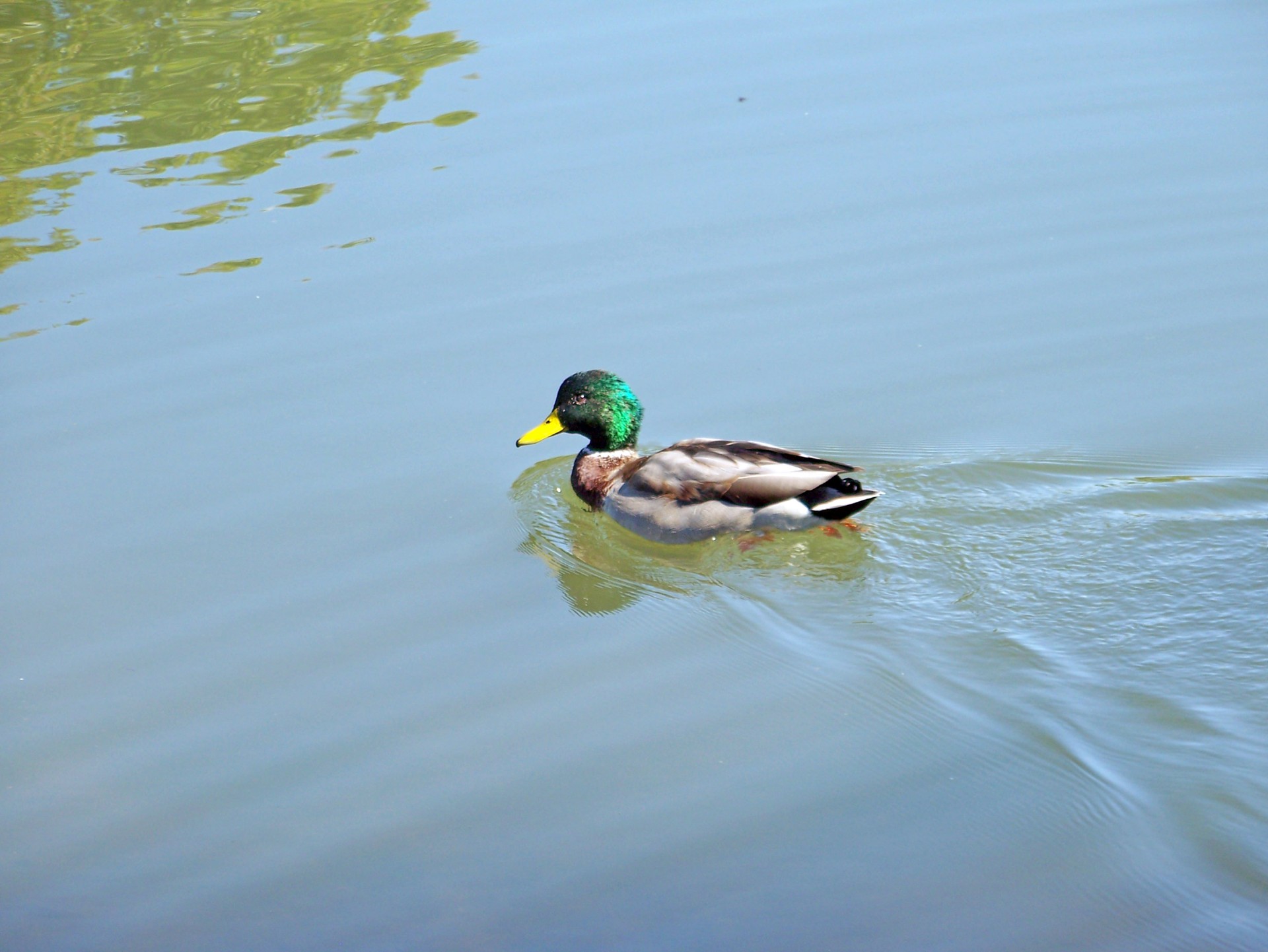
Duck On Pond Free Stock Photo Public Domain Pictures
Treehugger / Alex Dos Diaz Most parks, ponds, and other public spaces have the same scene: A flock of wild birds, geese, and ducks, waiting as people gather around to feed them. Even though.
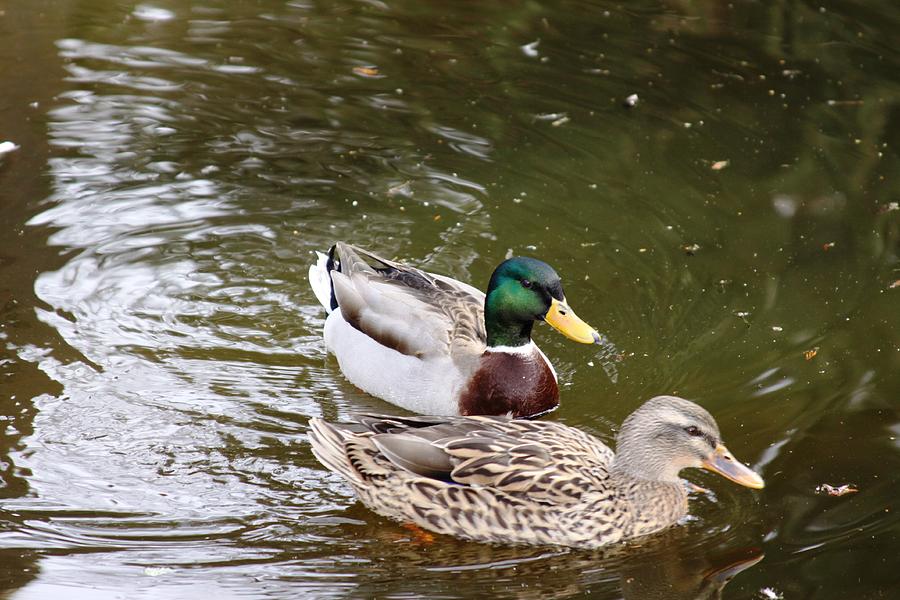
Ducks On A Pond Photograph by P S
In ponds, many ducks will happily eat various fly species, aquatic insects such as water beetles, clams and snails that could get into your filters, and insect larvae among other things. Fancy having some ducks in your pond, garden, or lake? Below are a few methods to make your space more attractive:- 1) Keep Water Accessible (And Open)
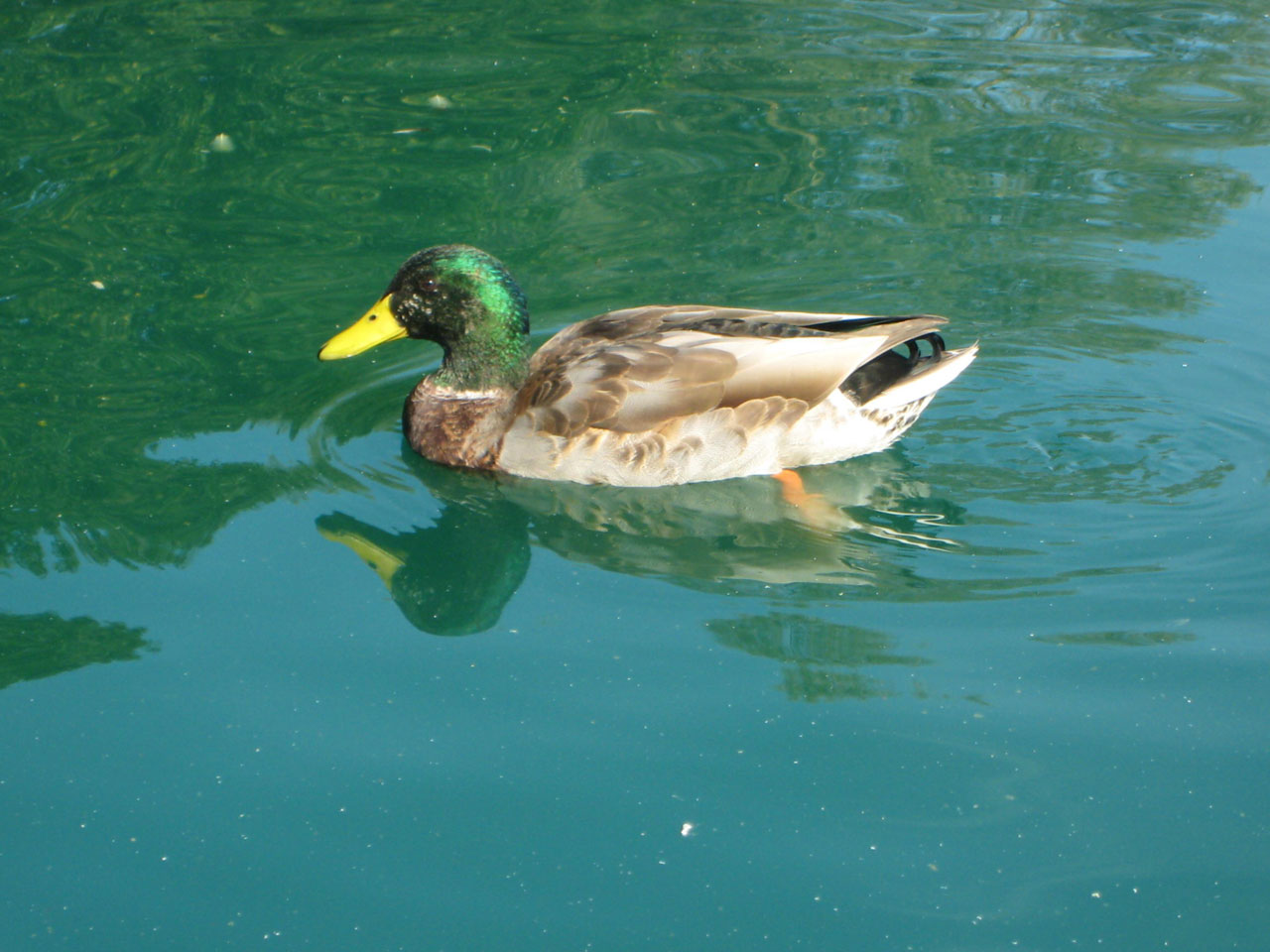
Duck In Pond Free Stock Photo Public Domain Pictures
How to Attract Ducks to Your Pond If you want more ducks in your pond, consider the following tips: 1 - Choose a Secluded Area Ducks look out for their safety. So, the first you need to do is pick an area for the pond in which they'll feel secure.
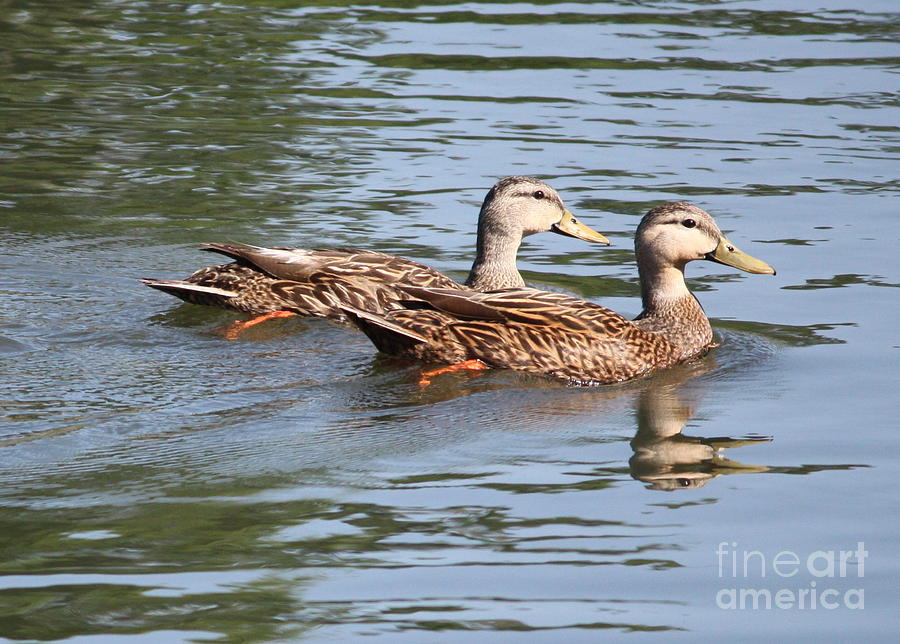
Two Ducks on the Pond Photograph by Carol Groenen Pixels
Duck ponds provide a natural habitat for various waterfowl, including ducks, geese, swans, and other bird species. These bodies of water offer food sources, shelter, and breeding grounds for waterfowl, supporting biodiversity and promoting healthy ecosystems. Duck ponds provide ecosystem services such as nutrient cycling and water purification.
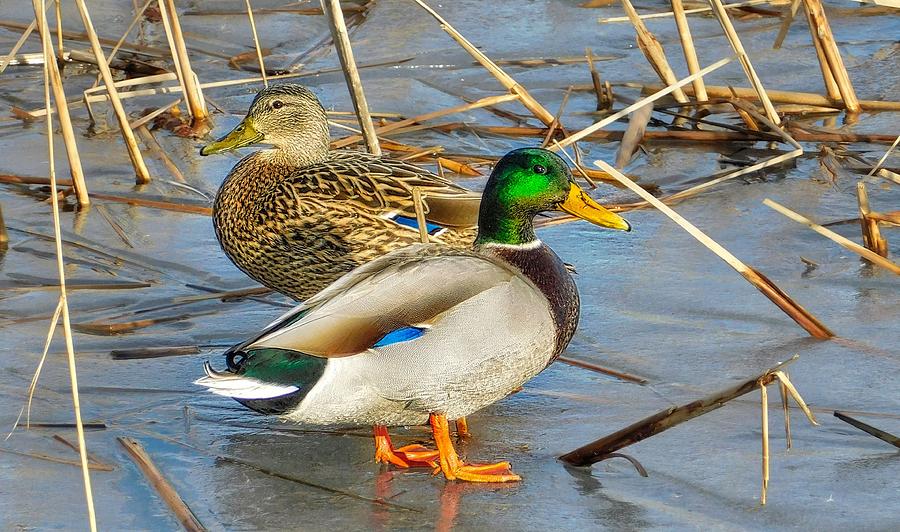
Two Ducks at Nile's pond Photograph by David Doc Vincent Fine Art America
Yes, ducks do eat algae in ponds. In fact, many people raise ducks to clean their ponds from algae. Ducks can eat most types of algae found in ponds, like green algae, brown algae, and black beard algae. However, blue-green algae are harmful to both ducks and humans. In fact, blue-green algae aren't actually algae, as they're a type of.
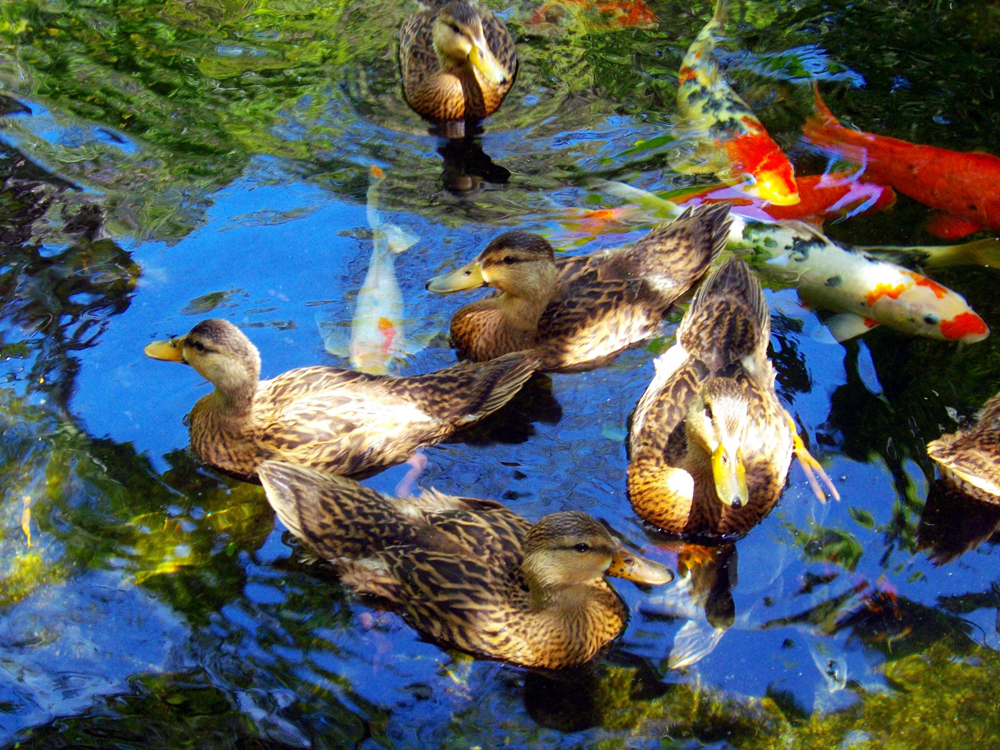
How To Keep A Backyard Duck Pond Clean Do Ducks Need A Pond Duck Pond Ideas The Cape Coop
Begin by measuring out the space where you want to dig, roughing out the shape and then start digging. Keep in mind that you want the center to be deeper than the sides. For tips on laying out and digging a pond, see our article here. Once you've dug the area that you need, you'll want to line it with a waterproof pond liner to prevent loss.
Ducklings at the Pond
Pond size depends on how large of a duck population you are trying to sustain. Ducks need ample room to feed, bathe, and nest. To give you a concrete starting number, the Minnesota Dept. of Natural Resources recommends a minimum pond size of 2,500 sq. ft.

ducks at the pond Free Photo Download FreeImages
Insects: Ponds are full of insects that make for great duck food, including snails and beetles. Tadpoles and frogspawn: Ducks aren't the only wildlife found in ponds. If frogs hatch eggs near a pond, those eggs could become duck food. What Do Ducks Eat in the Wild?
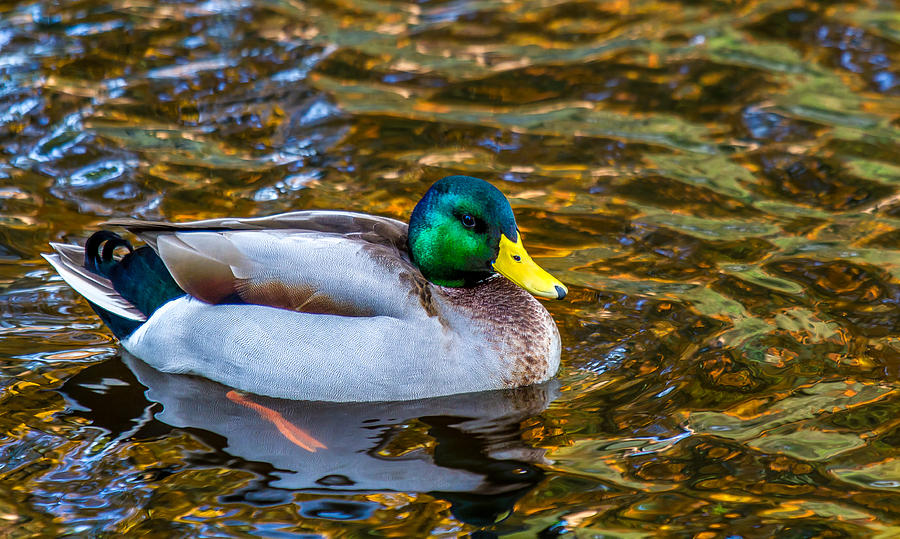
Male Mallard Duck In Pond Photograph by Rob Green
Control the Water. One of the toughest challenges when creating a waterfowl honey hole is also perhaps the most important. To attract ducks to ponds, you can't simply have water, but the right amount of it. Ducks prefer not only water but also a specific amount of water. You've likely seen how effective flooded cornfields and timber can be.

Duck on pond 2 Free Photo Download FreeImages
Water quality and pond size Wild ducks require a significantly larger body of water to feel comfortable compared to other water-dwelling birds. The most important aspect of encouraging wild ducks to stick around in a pond is to make sure the waterway is accessible and open.
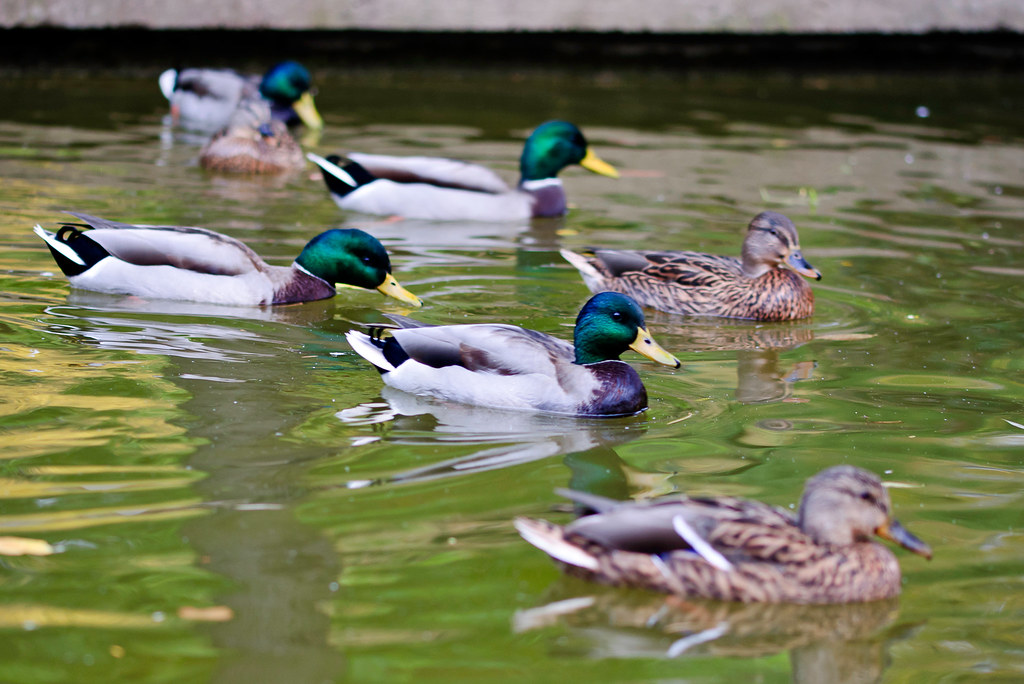
Several ducks swimming in a small pond Several ducks, some… Flickr
7.6K Share 826K views 4 years ago Ducks quacking, splashing and flapping their wings while enjoying a sunny late summer day on a river in the forest. Calm and relaxing sound of water flowing in.

Wild Ducks In Garden Ponds Tips For Attracting Ducks To Your Property
So What Can Ducks Eat? Instead of bread, healthy food for ducks includes fruits, vegetables, and grains. It's also safe to feed ducks specially formulated pellets and to let them forage for their own worms and bugs.
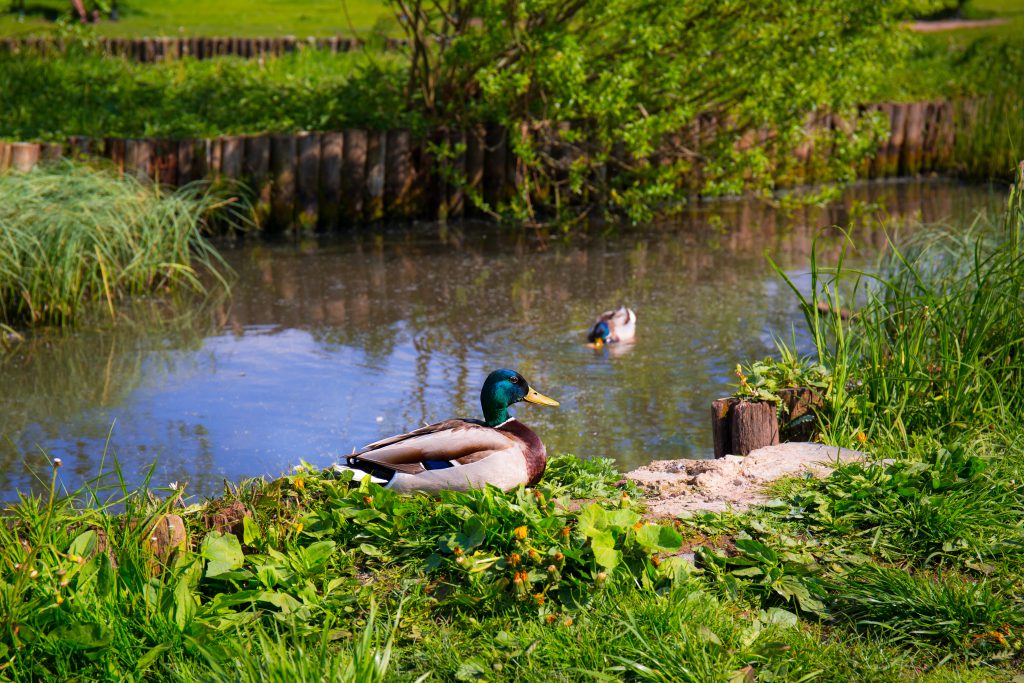
Wild ducks in a pond Free stock photo
Ducks are natural foragers, and in the wild they often eat a variety of grains and seeds. You can safely offer them the following: Uncooked rice grains. Wheat, barley, or similar grains. Oats, either rolled or instant. Millet or any type of birdseed appropriate for wild birds. Duck feed pellets or duck feed.
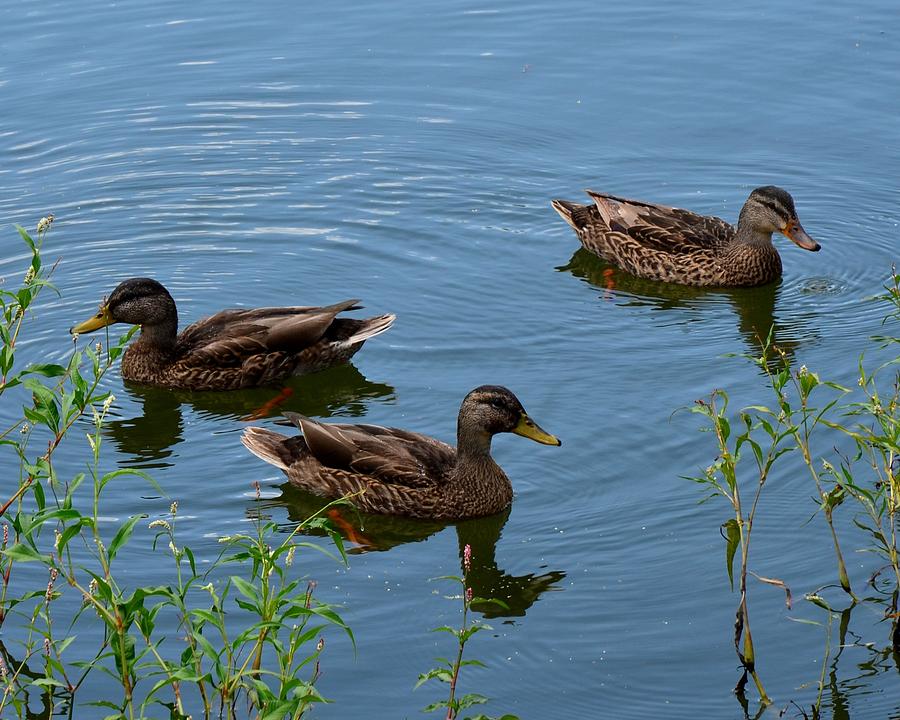
Ducks on a Pond Photograph by Mark Bowmer
A significant portion of Georgia's annual duck harvest migrates to us from the Prairie Pothole Region, also referred to as "the duck factory." The Prairie Pothole Region is DU's #1 conservation focus area. In addition Georgia benefits from DU's Southeastern Coastal Plain conservation work as the organization continues to conserve critical.